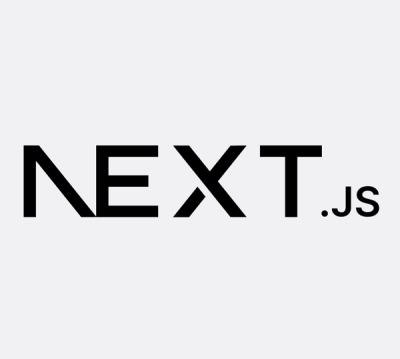
Security News
Meet the Socket Team at RSAC and BSidesSF 2025
Join Socket for exclusive networking events, rooftop gatherings, and one-on-one meetings during BSidesSF and RSA 2025 in San Francisco.
@liveblocks/yjs
Advanced tools
An integration with . Liveblocks is the all-in-one toolkit to build collaborative products like Figma, Notion, and more.
@liveblocks/yjs@liveblocks/yjs is a Yjs provider to integrate
Yjs applications with Liveblocks—a platform to
build, host, and scale collaborative applications with zero configuration, no
maintenance required.
npm install @liveblocks/client @liveblocks/yjs
Read the documentation for guides and API references.
Explore our collaborative examples to help you get started.
All examples are open-source and live in this repository, within
/examples.
See the latest changes or learn more about upcoming releases.
Licensed under the Apache License 2.0, Copyright © 2021-present Liveblocks.
See LICENSE for more information.
FAQs
Integrate your existing or new Yjs documents with Liveblocks.
The npm package @liveblocks/yjs receives a total of 9,415 weekly downloads. As such, @liveblocks/yjs popularity was classified as popular.
We found that @liveblocks/yjs demonstrated a healthy version release cadence and project activity because the last version was released less than a year ago. It has 3 open source maintainers collaborating on the project.
Did you know?

Socket for GitHub automatically highlights issues in each pull request and monitors the health of all your open source dependencies. Discover the contents of your packages and block harmful activity before you install or update your dependencies.

Security News
Join Socket for exclusive networking events, rooftop gatherings, and one-on-one meetings during BSidesSF and RSA 2025 in San Francisco.

Security News
Biome's v2.0 beta introduces custom plugins, domain-specific linting, and type-aware rules while laying groundwork for HTML support and embedded language features in 2025.

Security News
Next.js has patched a critical vulnerability (CVE-2025-29927) that allowed attackers to bypass middleware-based authorization checks in self-hosted apps.